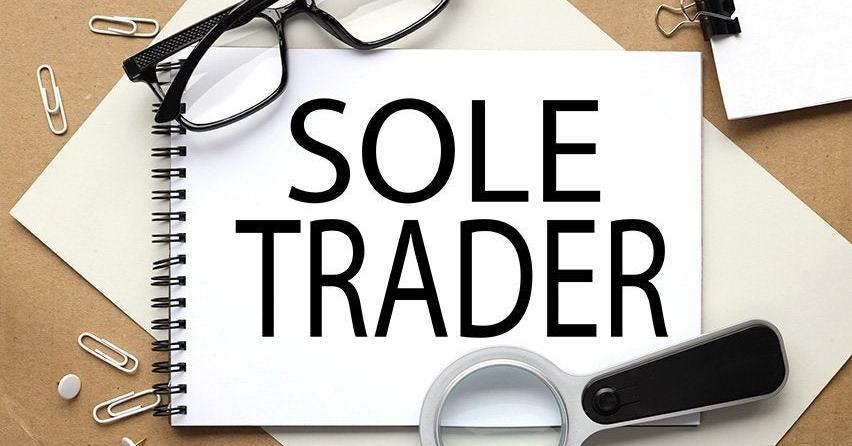As a sole trader, every penny counts. You’re responsible for all the costs of running your business, from your own salary to overheads and marketing. That’s why it’s so important to find ways to reduce costs wherever possible.
Here are seven tips to help you save money as a sole trader:
1. Track your spending
The first step to reducing costs is to understand where your money is going. Start by tracking your spending for a month or two. This will give you a good overview of your biggest expenses.
Once you know where your money is going, you can start to look for ways to cut back. For example, if you’re spending a lot of money on travel, could you negotiate better rates with your suppliers? Or could you consider working from home more often?
2. Claim all your allowable expenses
As a sole trader, you’re entitled to claim a range of business expenses against your tax bill. This can include things like travel costs, office supplies, and marketing expenses.
Make sure you keep a record of all your business expenses so you can claim them back at the end of the tax year. You can use a spreadsheet or accounting software to track your expenses.
3. Negotiate better deals with your suppliers
Don’t be afraid to negotiate with your suppliers for better deals. If you’re a loyal customer, you may be able to get a discount on your prices. You could also ask about bulk discounts or payment terms.
It’s also worth shopping around for different suppliers. You may be able to find a better deal on a particular product or service elsewhere.
4. Use a fuel card
Fuel cards can be a great way to save money on fuel costs, especially if you do a lot of driving for your business. A sole trader fuel card will typically offer discounts on fuel prices, and you can also earn cashback on your spending.
There are a range of different sole trader fuel cards available, so it’s important to compare them before you choose one. Consider factors such as the cost of the fuel card, the discounts offered, and the cashback scheme.
Click Here – What Is Charge Sheet In Law?
5. Review your insurance policies
Make sure you’re getting the best value for money on your insurance policies. Regularly review your policies to ensure that you’re only paying for the cover you need.
You may also be able to save money by bundling your insurance policies together. For example, you could combine your business insurance and home insurance into one policy.
6. Take advantage of free and low-cost marketing tools
There are a range of free and low-cost marketing tools available to help you promote your business. For example, you can use social media, email marketing, and content marketing to reach your target audience.
You could also consider attending networking events or collaborating with other businesses.
7. Outsource tasks
If you’re struggling to keep up with your workload, consider outsourcing some tasks. This could free up your time so you can focus on the most important aspects of your business.
There are a range of tasks that you can outsource, such as accounting, bookkeeping, and social media management.
Conclusion
Running a successful business as a sole trader can be challenging, but it is also rewarding. By taking the time to reduce your costs, you can free up more of your time and energy to focus on growing your business and achieving your goals.
There are a number of ways to reduce your costs, such as tracking your spending, claiming all your allowable expenses, negotiating better deals with your suppliers, and using free and low-cost marketing tools. You may also want to consider outsourcing tasks that you do not have time for or that you are not good at.
By following these tips, you can reduce the costs of running your business and increase your profits. This will help you to build a successful and sustainable business.

